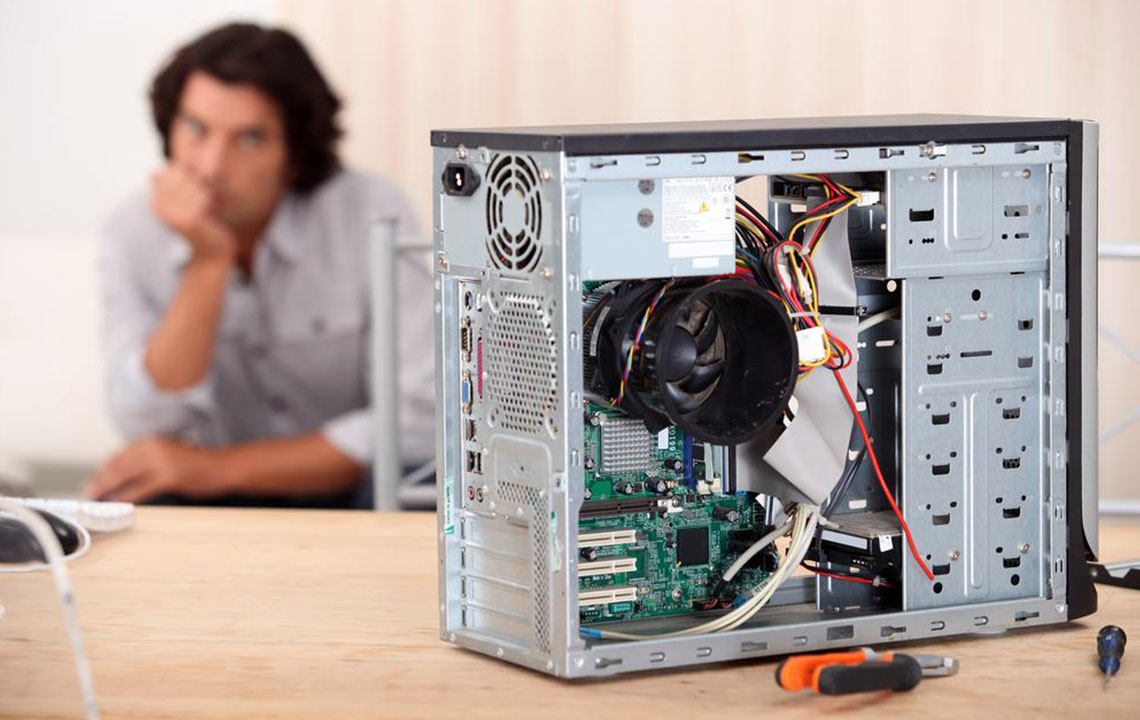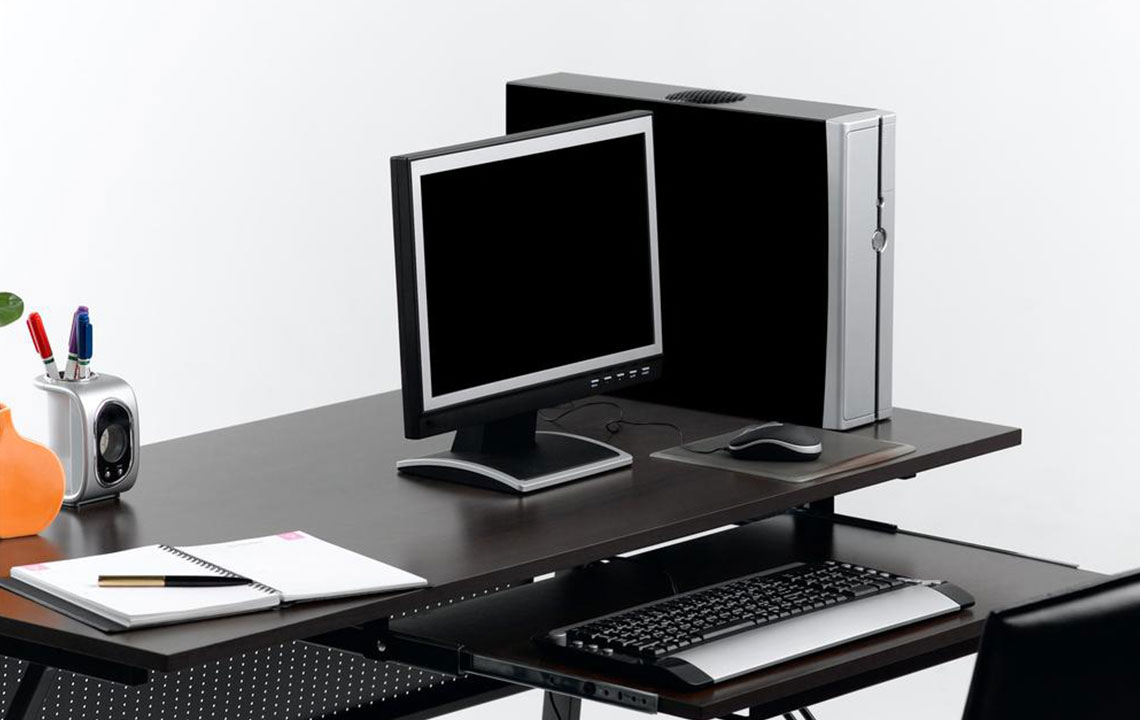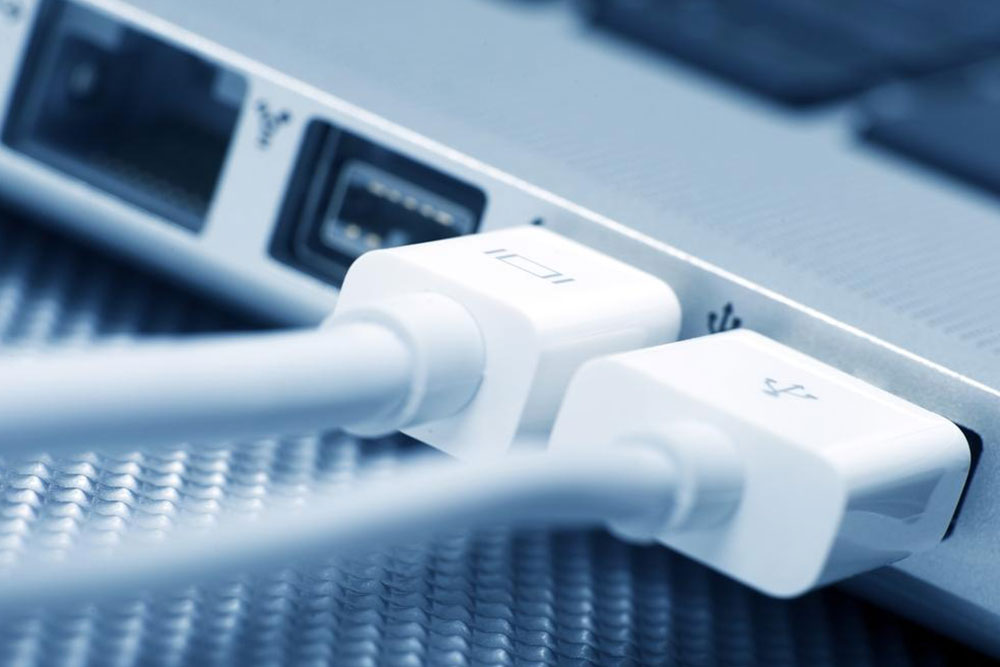Comprehensive Guide: Benefits and Drawbacks of Purchasing Reconditioned Computers
This comprehensive guide explores the advantages and disadvantages of buying reconditioned computers. It covers performance, cost savings, warranty options, and common concerns such as hardware quality and inspection tips. Perfect for budget-conscious consumers seeking reliable, eco-friendly technology solutions, this article helps you make informed choices in purchasing refurbished devices for personal or professional use.

Comprehensive Guide: Benefits and Drawbacks of Purchasing Reconditioned Computers
In today’s digital age, selecting the right computer for your work, studies, or personal use requires a thorough understanding of various options available in the market. One increasingly popular choice among consumers is reconditioned or refurbished computers. These devices offer a cost-effective alternative to brand-new models while providing similar performance levels. However, like any purchase, there are both advantages and potential pitfalls associated with buying reconditioned computers. This comprehensive guide aims to walk you through the key benefits, potential drawbacks, and essential tips to help you make an informed decision when considering reconditioned technology for your needs.
Why Choose a Reconditioned Computer?
Reconditioned computers—also known as refurbished devices—are those that have been previously owned, returned, or used, but then restored to a like-new condition through rigorous testing and repair processes. They often come from manufacturers, certified refurbishers, or authorized resellers who ensure that the device meets specific quality standards before selling it to consumers. These devices are carefully inspected, repaired, and tested to guarantee functionality, all while offering a significantly lower price compared to brand-new products. But what makes reconditioned computers a compelling choice for consumers?
The Benefits of Purchasing Reconditioned PCs
Understanding the advantages can help you determine whether a refurbished device aligns with your expectations and usage requirements. Here's a detailed look at the main benefits:
Comparable Performance to New Models
One of the most common concerns when buying a used device is whether it will deliver the same performance as a new one. Fortunately, reputable refurbishers conduct thorough testing and repair procedures to ensure that reconditioned computers function just as well as new models. These often include replacing worn-out parts such as batteries or keyboards, updating firmware or drivers, and performing stress tests. Consequently, a well-restored reconditioned PC can run the latest applications, handle multitasking, and support your daily computing needs effectively.
Moreover, these items typically undergo quality checks that confirm hardware integrity, so users can expect reliability comparable to that of brand new devices. This makes refurbished computers particularly attractive for students, professionals, or casual users seeking high performance without the high price tag.
Another significant environmental benefit of buying refurbished computers is that it contributes to sustainability by recycling electronics, reducing e-waste, and conserving valuable resources. Extending the lifecycle of electronic devices through refurbishment minimizes the environmental footprint associated with manufacturing new products.
Cost Savings
Perhaps the most compelling reason to consider a refurbished computer is the substantial cost savings. Reconditioned models typically sell at a fraction of the price of brand-new devices, often 20-50% less depending on the specifications and model. This allows budget-conscious consumers to access high-quality hardware that might otherwise be out of their price range. Additionally, the savings can be allocated towards accessories, software, or upgrades, further enhancing your overall computing experience.
For businesses or educational institutions, these savings can significantly reduce procurement costs while maintaining operational efficiency. It's essential, however, to verify the credibility of the seller and the warranty options available to ensure your investment is protected.
Warranty and Support Options
Many manufacturers and certified refurbishers offer warranties and service plans on their reconditioned devices. These warranties typically cover hardware defects and repairs for a specified period, often ranging from 90 days to one year. Some providers also include return policies, making it safer to purchase refurbished computers with confidence. Before making a purchase, always review the warranty terms, what is covered, and the process for repairs or returns.
Additionally, purchasing from reputable sources guarantees that the device has undergone proper refurbishment procedures, reducing the risk of post-purchase issues. Customer reviews and certifications can further guide you in selecting trustworthy sellers.
Potential Drawbacks to Consider
Despite the numerous benefits, there are some potential downsides associated with buying reconditioned computers. Being aware of these ensures you make a cautious and informed decision:
Screen and Display Concerns
The monitor or screen is one of the most visible and fragile components of a computer. Reconditioned devices can sometimes have screens with minor scratches, dead pixels, or backlight issues. It's vital to carefully inspect the display during purchase or request detailed images if buying online. If you're purchasing remotely, inquire about the return or exchange policies in case the display doesn't meet your expectations.
Motherboard and Internal Hardware Risks
The motherboard is the core component of a computer, controlling the system's stability and connectivity. A refurbished device might harbor issues with the motherboard, such as previous damage, manufacturing defects, or subpar repairs. These problems could result in system crashes, boot failures, or hardware malfunctions. To mitigate this risk, opt for sellers who offer warranties and detailed testing records.
Time and Effort Investment
Finding the best refurbished computer requires time and thorough research. Comparing different sellers, models, and warranty options can be time-consuming, especially if you're seeking a device optimized for specific tasks. Patience and due diligence are necessary to ensure you achieve a satisfactory balance between price, performance, and reliability. If you need an immediate device, new models might be more suitable, but for those willing to put in the effort, refurbished computers often provide excellent value.
In conclusion, purchasing a reconditioned computer can be a smart, environmentally friendly, and budget-conscious choice if approached thoughtfully. Ensure you buy from reputable sources, understand the warranty coverage, and inspect the device properly before finalizing your purchase. By considering both the benefits and potential drawbacks, you can confidently select a refurbished computer that meets your needs and offers reliable performance for years to come.




